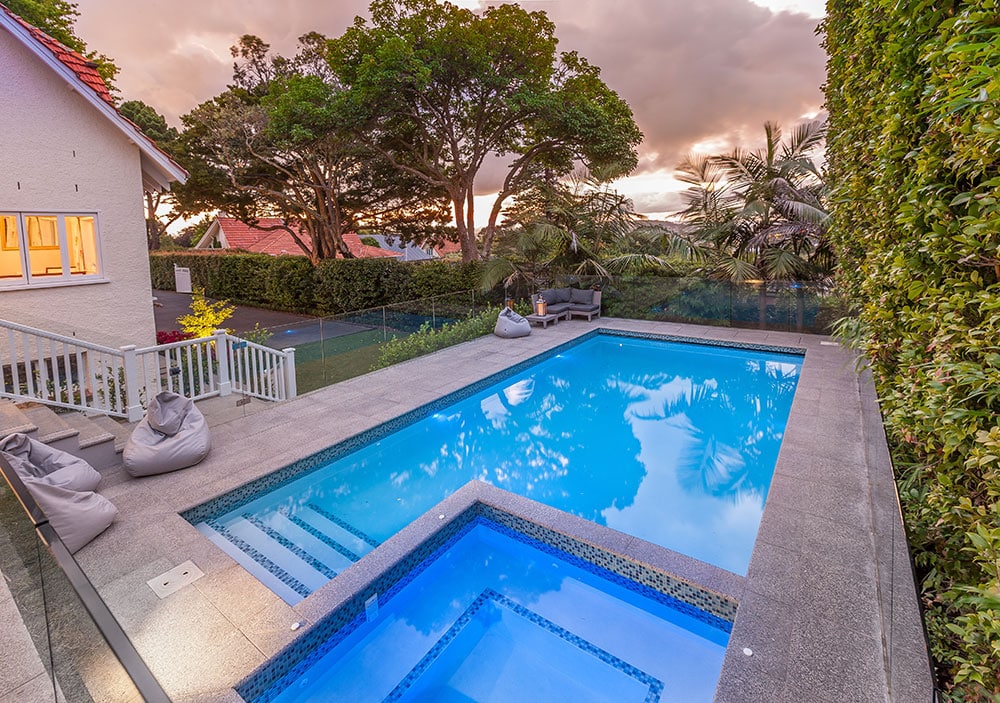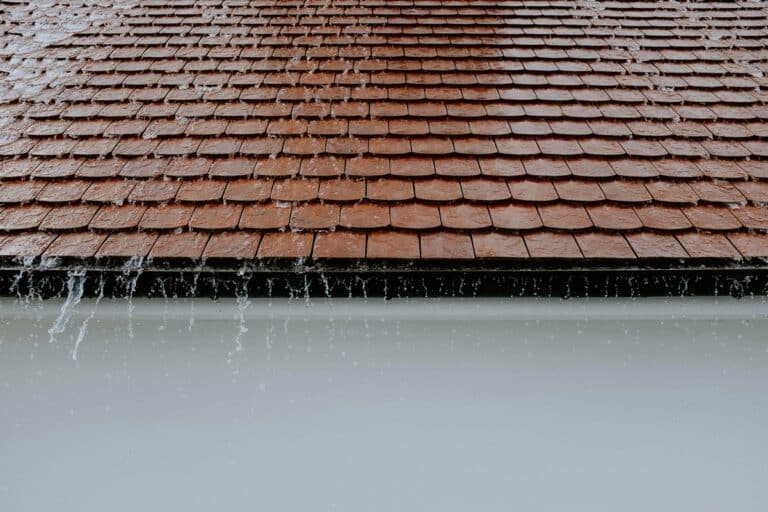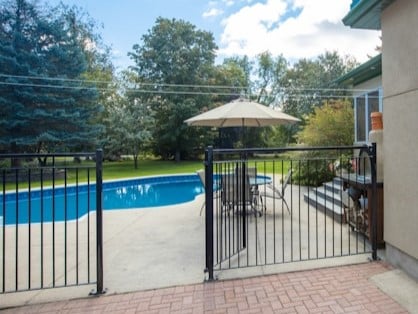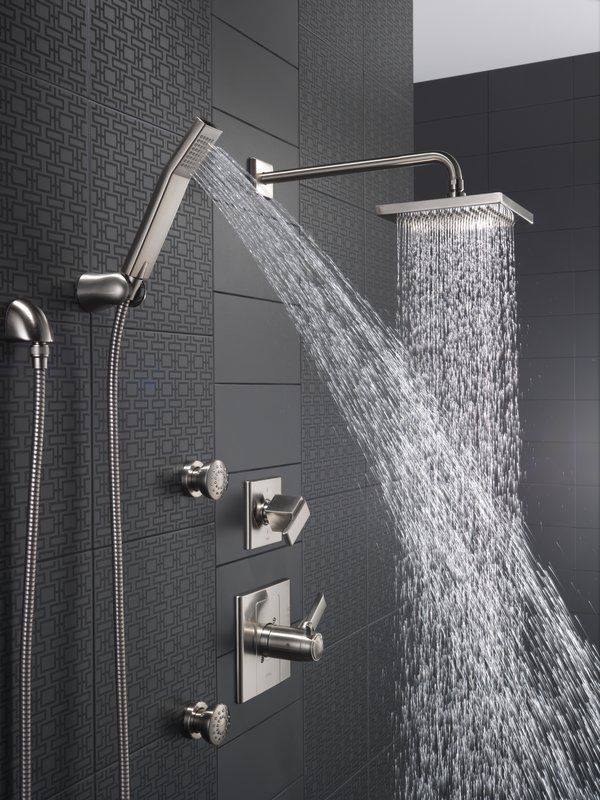A pool installation is a significant investment for any homeowner, offering a multitude of benefits for both relaxation and entertainment.
Whether you’re dreaming of a backyard oasis for family gatherings or a serene retreat for personal enjoyment, a pool can enhance your lifestyle in countless ways.
Before embarking on a pool installation project, it’s essential to carefully consider several key factors.
These include your desired pool type, size, location, design preferences, and budget. By thoughtfully planning your pool, you can ensure that it meets your specific needs and expectations.
Planning Your Pool
Choosing the Right Pool Type
The type of pool you select will significantly influence your pool installation experience. In-ground pools offer a permanent and luxurious solution, seamlessly integrating with your backyard landscape.
Above-ground pools, on the other hand, provide a more affordable and flexible option, often requiring less extensive site preparation. For those seeking a compact and intimate space, plunge pools or hot tubs can be excellent choices.
When considering pool types, factors such as your available space, budget, and desired level of maintenance should be considered.
In-ground pools typically require more ongoing care, while above-ground pools may necessitate seasonal setup and takedown.
Pool Size and Shape
The size and shape of your pool will depend on various factors, including your available space, family size, and intended use. A larger pool may accommodate more people and offer ample room for swimming and games, while a smaller pool can be more manageable and require less maintenance. Popular pool shapes include rectangular, oval, kidney-shaped, and freeform.
Location and Zoning
The ideal location for your pool will depend on factors such as sun exposure, privacy, and proximity to existing structures.
It’s crucial to consider zoning regulations and obtain necessary permits before proceeding with your pool installation. Additionally, you may need to address issues like utility lines and drainage to ensure a successful project.
Design and Materials
Pool Design and Features
Personalise your pool with unique design features that reflect your style and preferences. Choose from a variety of options, such as custom-designed pools, water features like fountains or waterfalls, lighting effects, and safety features like pool alarms.
Pool Materials
The choice of materials for your pool will impact its durability, aesthetics, and overall cost. Concrete pools are known for their longevity and customisation options, while vinyl liner pools offer a more affordable and flexible solution.
Fiberglass pools are prefabricated and require less maintenance but may have limited customisation possibilities.
Surrounding Area
Complement your pool with a thoughtfully designed surrounding area. Consider adding a deck or patio for outdoor entertaining, fencing for safety, and landscaping to enhance the overall aesthetic appeal of your backyard.
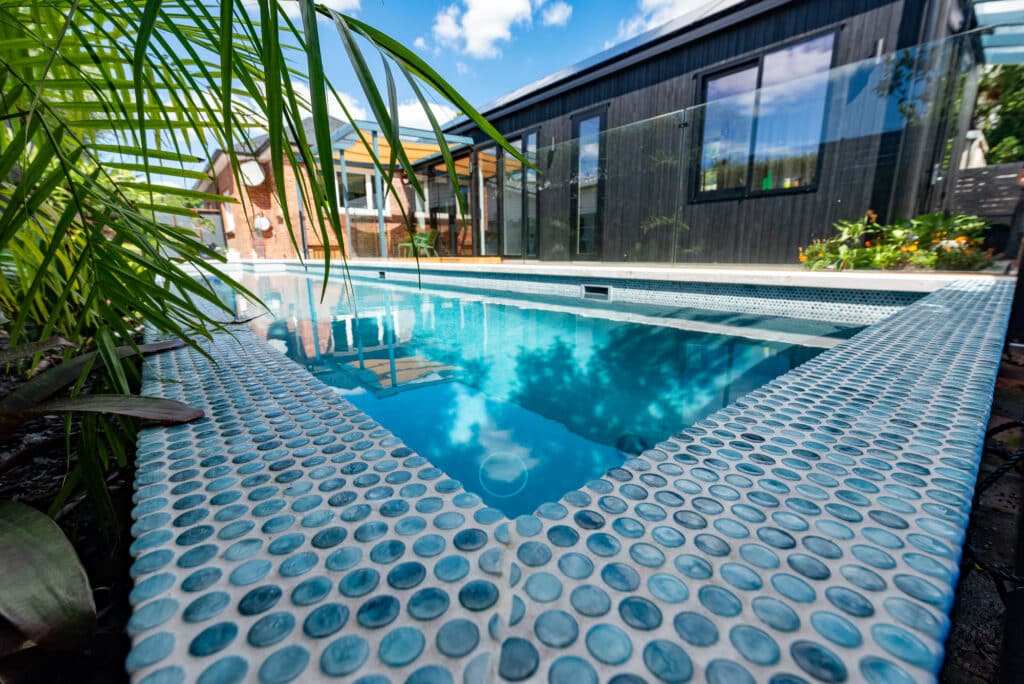
Pool Installation Process
Site Preparation
The pool installation process begins with site preparation. This involves clearing the area, excavating the ground, levelling the surface, and relocating any utilities as needed.
Pool Construction
Once the site is prepared, the pool shell is constructed according to the chosen design. Plumbing and electrical systems are then installed to support the pool’s filtration, circulation, and lighting features.
Finishing Touches
After the pool is constructed, finishing touches are added, such as applying plaster or tile to the interior, installing coping and decking around the pool, and completing any landscaping or hardscaping elements.
Pool Maintenance
Water Care
Maintaining the water quality in your pool is essential for a safe and enjoyable swimming experience. Regular water testing, chemical balance adjustments, and proper filtration and circulation are crucial for preventing algae growth and maintaining a healthy pool environment.
Cleaning and Maintenance
Routine cleaning and maintenance tasks, such as skimming the surface, vacuuming the pool, and cleaning filters and pumps, are necessary to keep your pool clean and free of debris. Additionally, winterising your pool during the off-season is essential to protect it from harsh weather conditions.
Safety Measures
Prioritise safety by installing appropriate fencing and gate requirements, using pool alarms, and supervising children and non-swimmers.
Costs and Budgeting
Factors Affecting Cost
The cost of a pool installation can vary significantly depending on several factors, including the size and type of pool, materials used, labour costs, and local permitting fees.
Budgeting Tips
Creating a detailed budget is essential for managing your pool installation costs effectively. Consider financing options, such as loans or credit cards, and explore cost-saving strategies like DIY projects or using less expensive materials.
A pool installation can be a rewarding investment that enhances your home’s value and provides endless enjoyment for years to come.
By carefully planning your pool, considering your budget, and following the steps outlined in this guide, you can create a beautiful and functional backyard oasis that meets your specific needs and preferences.
